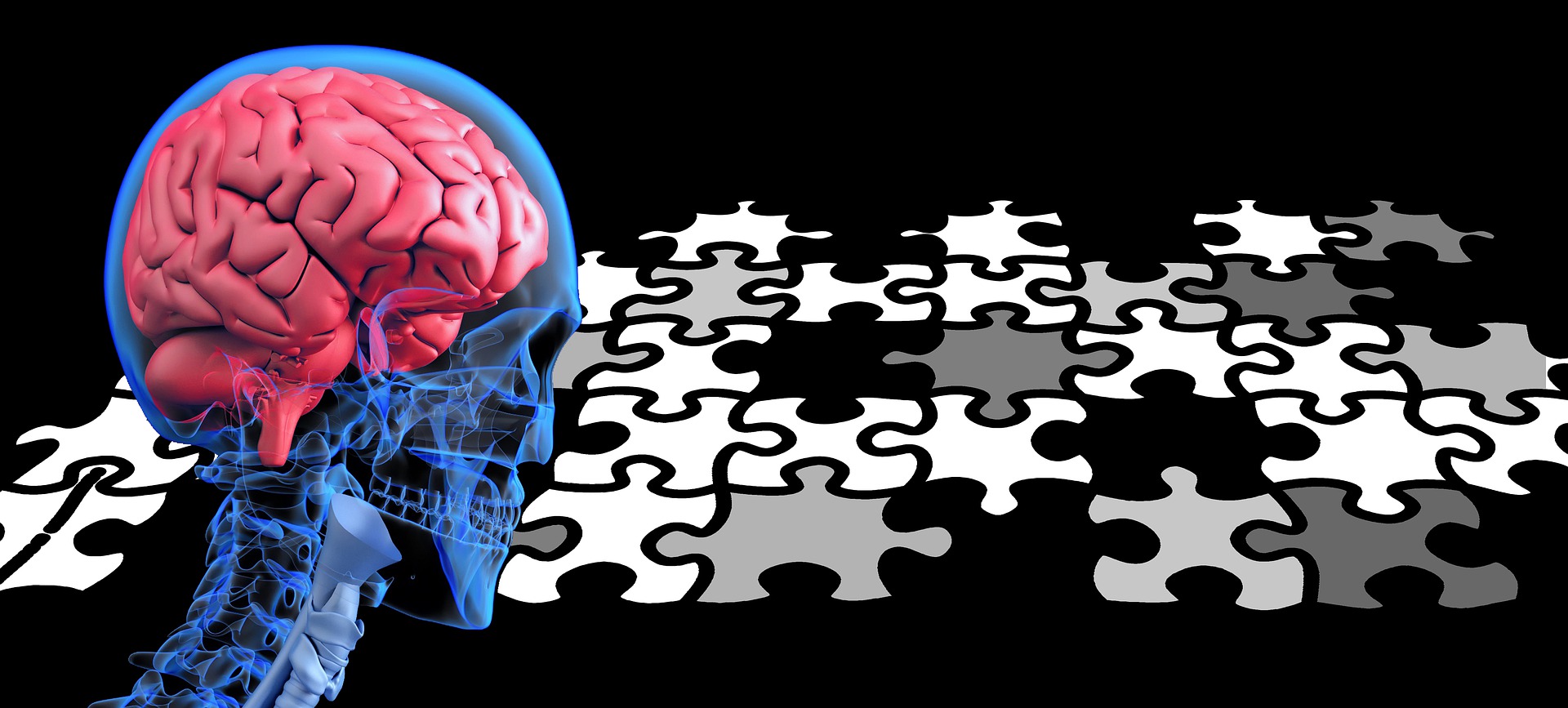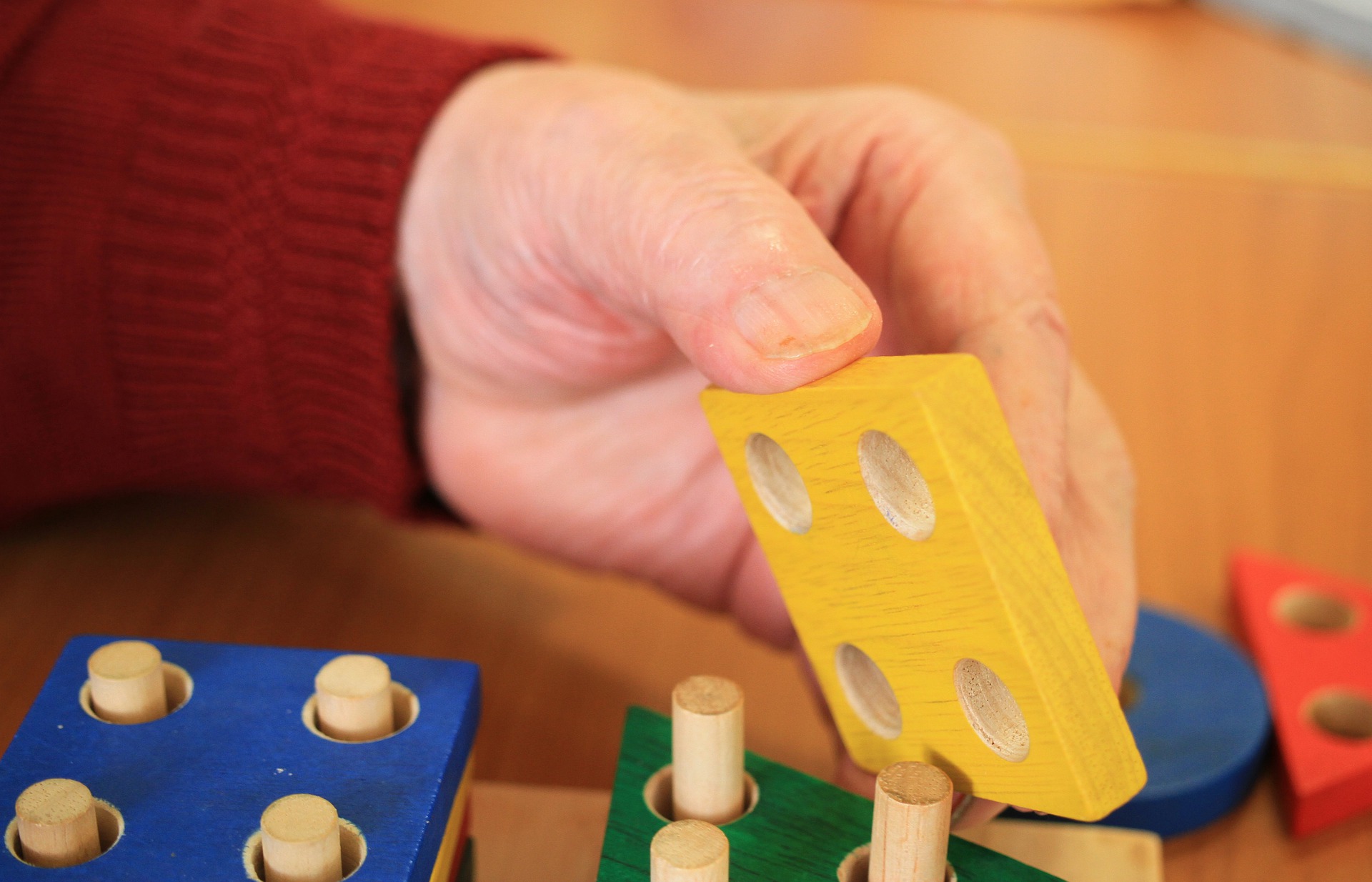
It is well known that exercise is beneficial to humans’ overall health. However, many people do not realize the extent to which exercise can help those with dementia. Can exercise and meaningful activities help dementia? Exercise has been shown to improve cognitive function, relieve anxiety and depression, and improve communication skills.
The benefits of exercise for those with dementia are vast. One of the most notable improvements that occur with regular exercise is an increase in cognitive function. In fact, a study published in the American Journal of Geriatric Psychiatry found that cognitive function in those with dementia improved by six percent after only six months of regular aerobic exercise. This improvement was even more pronounced in those who were suffering from mild to moderate dementia.
Exercise also has a host of other benefits for those with dementia. It can help relieve anxiety and depression, which are common afflictions among those with the condition. Additionally, exercise can help improve communication skills, which can be hampered by dementia. Improving these skills makes everyday interactions easier and less overwhelming for those with dementia.
The benefits of exercise for those with dementia are vast and significant. Anyone who is caring for someone with dementia should encourage them to get regular exercise to help improve their quality of life.
Creative Activities For Seniors With Dementia
Mental stimulation is one of the most critical factors in keeping someone with dementia healthy and active. People with dementia find overwhelming situations that must be addressed. Even everyday tasks become a burden. There are many ways to provide mental stimulation, and finding ways that work best for the individual is essential. Some common methods include puzzles, games, crafts, and social activities.
It’s essential to start with easy tasks and gradually increase the difficulty level as the person becomes more comfortable with the activity.
Be sure to keep a positive attitude and praise the person for making progress.
It’s also important to keep an open mind; if one method doesn’t work, be willing to try something different.

What Are Meaningful Activities For Dementia?
Meaningful activities for dementia patients can help improve their quality of life, mood, and overall well-being. While every person with dementia is unique and may enjoy different types of activities, some everyday pursuits that can be meaningful for these individuals include:
Engaging In Arts And Crafts Projects
Arts and crafts projects can be fun to spend time with friends and family. They can also be a great way to relax and relieve stress.
Playing Games Or Puzzles
Playing games and puzzles can help keep people with dementia mentally stimulated and engaged. This can help improve their quality of life and reduce the symptoms of dementia.
Going For Walks Outside
Many people with dementia find joy in going for walks outside. The fresh air and natural surroundings can be very therapeutic and calming. It’s a great way to get some exercise, too!
Listening To Music
Music can help improve the moods of people with dementia and provide a form of stimulation and engagement. By playing music that is familiar to them, it can help evoke memories and happy emotions.
Watching Movies Or Television Shows
There is evidence that watching movies or television shows can be beneficial for people who are living with dementia. By providing engaging and stimulating content, caregivers can help to keep their patients’ minds active and engaged. This can help to improve their overall quality of life and daily function.
Participating In Social Activities With Friends Or Family Members
People with dementia often enjoy spending time with friends and family members. Participating in social activities can help keep them mentally stimulated and provide a sense of purpose. Whether they’re playing games, going for a walk, or just chatting, these activities can bring happiness, a memory of past events, and a sense of normalcy to those living with dementia.
Low Impact Physical Exercise
Low-impact physical exercise can help to improve cognitive function and overall well-being for people living with dementia. It can also help reduce anxiety and depression, enhance sleep quality, and increase sensory stimulation and social interaction. In addition, regular physical activity can help to maintain mobility and independence.
Be Sure To Take In Account The Person’s Abilities
So helping them to create a physical record of those memories can be very special and make them feel productive. Just be sure to consider the patient’s abilities and level of engagement when selecting an activity. Search for failure-free activities as some may be too challenging or frustrating for those with dementia.
There is no one-size-fits-all answer to the question of meaningful activities for dementia patients. The best activities will vary depending on the individual’s personality, interests, and abilities.
However, some general ideas for meaningful activities include spending time outdoors, engaging in arts and crafts, cooking or baking, listening to music, or participating in social activities. Get them involved in planning activities as it will help them feel productive.
Many families find that creating a photo album or picture books of old photos with their loved ones is a significant activity. Patients with dementia often enjoy reminiscing about past experiences. So helping them to recall earlier times and create a physical record of those memories can be very special.
Just be sure to consider the patient’s abilities, attention span, and level of engagement when selecting an activity, as some may be too challenging or frustrating for those with dementia.
Why Are Meaningful Activities Important For People With Dementia?
People with dementia need meaningful activities to help them feel connected to the world, boost confidence levels and give them a sense of purpose. These activities can be anything from walking outside to baking a cake. Whatever it is, it should be something the person enjoys and can do independently or with minimal assistance.
A critical benefit of meaningful activities is that they can help reduce boredom and agitation. When someone with dementia is bored, they may become agitated and restless. Engaging in meaningful failure-free activities can help distract them from these negative feelings and make them happier and more content.
Activities can also help promote cognitive stimulation. When challenged, the brain can help keep it healthy and functioning longer. Meaningful activities can also provide social interaction, which is vital for people with dementia who may often feel isolated.
Ultimately, meaningful activities provide a sense of accomplishment and give people with dementia a feeling of purpose. They help connect people with dementia to the world and make them feel like they are still contributing in some way.

Can Exercise And Meaningful Activities Help Dementia?
Dementia patients can often become agitated or restless, making it difficult for them to relax and get the necessary amount of exercise.
However, research has shown that exercise can benefit dementia patients in many ways.
Gentle exercise can help improve mood, reduce stress and anxiety, and improve sleep quality.
Additionally, exercise can help improve cognitive function and memory. In fact, one study found that moderate exercise improved cognitive function in dementia patients by as much as 30%. For these reasons, it is essential for dementia patients to get regular exercise, even if they find it difficult to do so.
There are several ways to make getting exercise easier for dementia patients. These include pairing them with a partner or caregiver who can help motivate them, breaking up workouts into shorter sessions throughout the day, and using fun activities like dance or yoga classes.
What Are The Best Exercises That A Family Member Do With Dementia Patients?
There is no one-size-fits-all answer to the question of what are the best exercises for dementia patients, as the type and amount of exercise that is most beneficial will vary depending on the individual’s needs and abilities. However, some activities that may be helpful for dementia patients include stretching exercises, walking, and light weightlifting.
Stretching exercises can help improve flexibility and mobility, both critical factors for people with dementia. Walking is a great way to get exercise and provides opportunities for socialization, which can benefit dementia patients. And light weightlifting can help improve strength and balance, both of which can be compromised in people with dementia.
Working with a healthcare professional to develop an appropriate exercise routine for a dementia patient is important. And it is also important to consider the patient’s physical abilities and limitations when designing an exercise program. But incorporating some simple exercises into a patient’s routine can go a long way in improving their overall health and well-being.
How Can I Keep My Loved One Engaged In Exercise and Other Meaningful Activities?

There can be many reasons why a loved one may become disengaged in exercise and other meaningful activities. It could be due to age, illness, or simply a loss of interest. Whatever the reason, there are ways to help keep them engaged.
Promote Activities That Include Their Interests
One way is to find activities that they are still interested in. If they enjoy playing golf or going for walks, try to find activities that still allow them to do that. You can also try arranging social activities with friends or family members who enjoy those activities.
Give Them Lots Of Encouragement
It’s essential to be there for your loved one and to offer encouragement no matter what. Exercising can be demanding, especially when your loved one isn’t feeling motivated. However, getting into a routine can help them stay on track. You can join them in their exercises or take a walk together after dinner.
Make sure you are supportive and encouraging. Let them know that you are there for them and that you love them no matter what. Offer words of encouragement and praise, and be optimistic about their progress. This will help your loved ones stay motivated and keep up with their exercise routine.
What Are Some Daily Exercise And Meaningful Activities For Dementia Patients?
Dementia patients often struggle with feelings of boredom and lack of purpose. Fortunately, plenty of activities can help them stay mentally and physically active. Here are some ideas:
• Gardening:
Gardening is a great way to get exercise and fresh air. It can also be a fun activity to do with friends or family.
• Painting:
Painting can be a fun way for dementia patients to express themselves. It can also help improve hand coordination and memory.
• Playing Games:
Board games, card games, online games, and puzzles can all help improve mental function. They’re also a great way to spend time with friends or family.
• Going for walks:
Walks are a great way to get some exercise and fresh air. They can also be an excellent opportunity for socializing with friends or family.
Daily Low Impact Physical Activity
Many different types of exercises can be beneficial for people with dementia. Low impact exercises are an excellent option for those who may be limited in mobility or endurance. Some of the best low-impact exercises for people with dementia include walking, swimming, and yoga.
Walking is a great way to get some exercise and fresh air. It can be done indoors or outdoors and is a good option for people of all ages.
Swimming is another excellent option for people with dementia. The water pressure can help improve circulation, and the water is a calming environment that can be soothing for those who are anxious or agitated.
Yoga is another excellent choice for people with dementia. It can help improve balance and flexibility, and the slow pace can be calming for those who are restless or agitated.
Many other types of low-impact exercises can be beneficial for people with dementia.
Any activity that gets the heart rate up and moving is good for overall health and can be helpful for people with dementia.

Animals Provide Positive Feelings And Can Help With Exercise
Dementia is a disease that often robs victims of their memories, emotions, and communication abilities. For those living with dementia, it can be challenging to maintain a positive outlook on life.
However, animals can provide positive feelings for people with dementia and can help with exercise.
Many people with dementia feel a strong emotional connection to animals. Pets provide companionship and unconditional love, which can be therapeutic for those with dementia.
In addition, interacting with pets can help improve motor skills and coordination. Pets provide a sense of purpose and encourage people with dementia to get up and move around. This not only helps keep them healthy but also makes them more alert and engaged in life.
Overall, animals can provide positive feelings for people with dementia and help them stay healthy and active. For caregivers and loved ones of those living with dementia, bringing a pet into an animal lover’s home is definitely worth considering.
Fulfilling Activities For People With Dementia At Home
As people age, it is natural for cognitive functions to decline. This can be a complex process for seniors, many of whom already battle feelings of self-doubt and low self-esteem. For seniors with Alzheimer’s disease, the sense of achievement that comes from completing simple tasks can boost their self-esteem.
There are many things a person can do to enjoy life and improve cognitive function, even if they are battling Alzheimer’s disease.
One excellent option is to choose an activity based around cognitive decline – something a person can enjoy — that is ideally helpful. Examples might include jigsaw puzzles, reading at the local library, crafts, playing games, or some outdoor activities. These activities can help keep the mind active and engaged while also providing a sense of accomplishment and success.
How Do You Stop A Dementia Patient From Getting Bored?
There is no one definitive answer to the question of how to stop dementia from getting bored; each individual with dementia will likely have different needs and interests. However, a few general tips can help stimulate and engage someone with dementia.
One approach is to keep a regular routine but mix up the activities within that routine. This can help keep things interesting and prevent boredom.
Another approach is to find out what the person with dementia enjoys doing and try to incorporate those activities into their day.
This might include things like listening to music, going for walks, or spending time with friends or family. It’s also essential to ensure the environment is stimulating and engaging, with plenty of opportunities for exploration and interaction.
Ultimately, it takes trial and error to determine what works best for an individual with dementia. Still, there are many ways to keep them active and engaged.

Read More About The scourge Of Alzheimer’s
Final Thoughts
As the population of those living with dementia continues to grow, it is vital to understand how we can best support them.
Exercise and meaningful activities can be incredibly helpful in promoting cognitive health and overall well-being for those with dementia. But start slowly, and they will stay engaged.
Exercise can help maintain mobility and strength, while meaningful activities can help provide a sense of purpose and stimulation.
People with dementia can enjoy active minds and a better quality of life by participating in regular exercise and engaging in meaningful activities.
For caretakers, this may mean getting involved in organizing activity ideas such as group outings or charting out an at-home exercise routine.
It is also essential to provide stimulating activities during a one-on-one time, such as reading together, working on puzzles, or playing music. Ultimately, by incorporating both exercise and meaningful activities into the lives of those with dementia, we can help them live fuller, healthier lives.
Like Our Face Book Page

Thanks for your blog, nice to read. Do not stop.